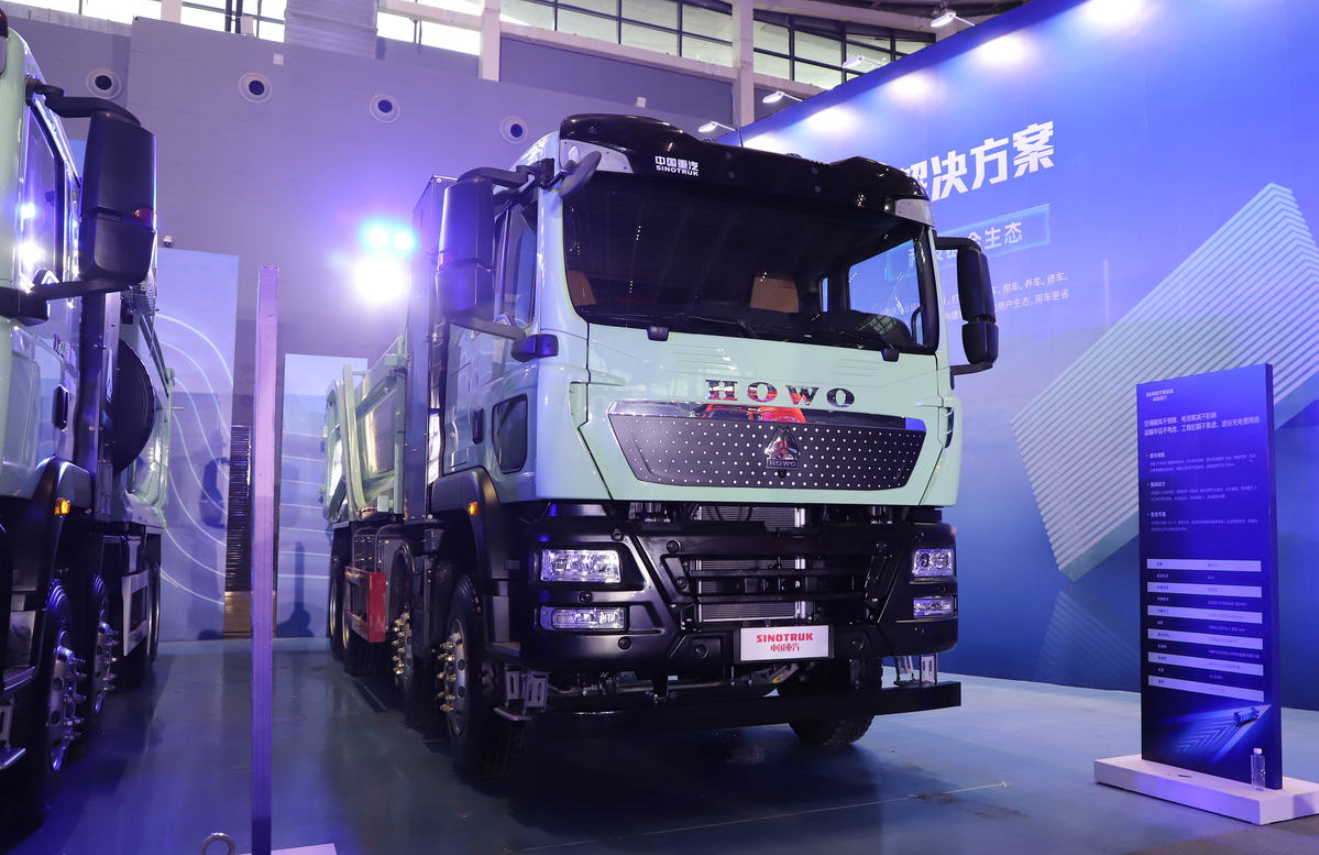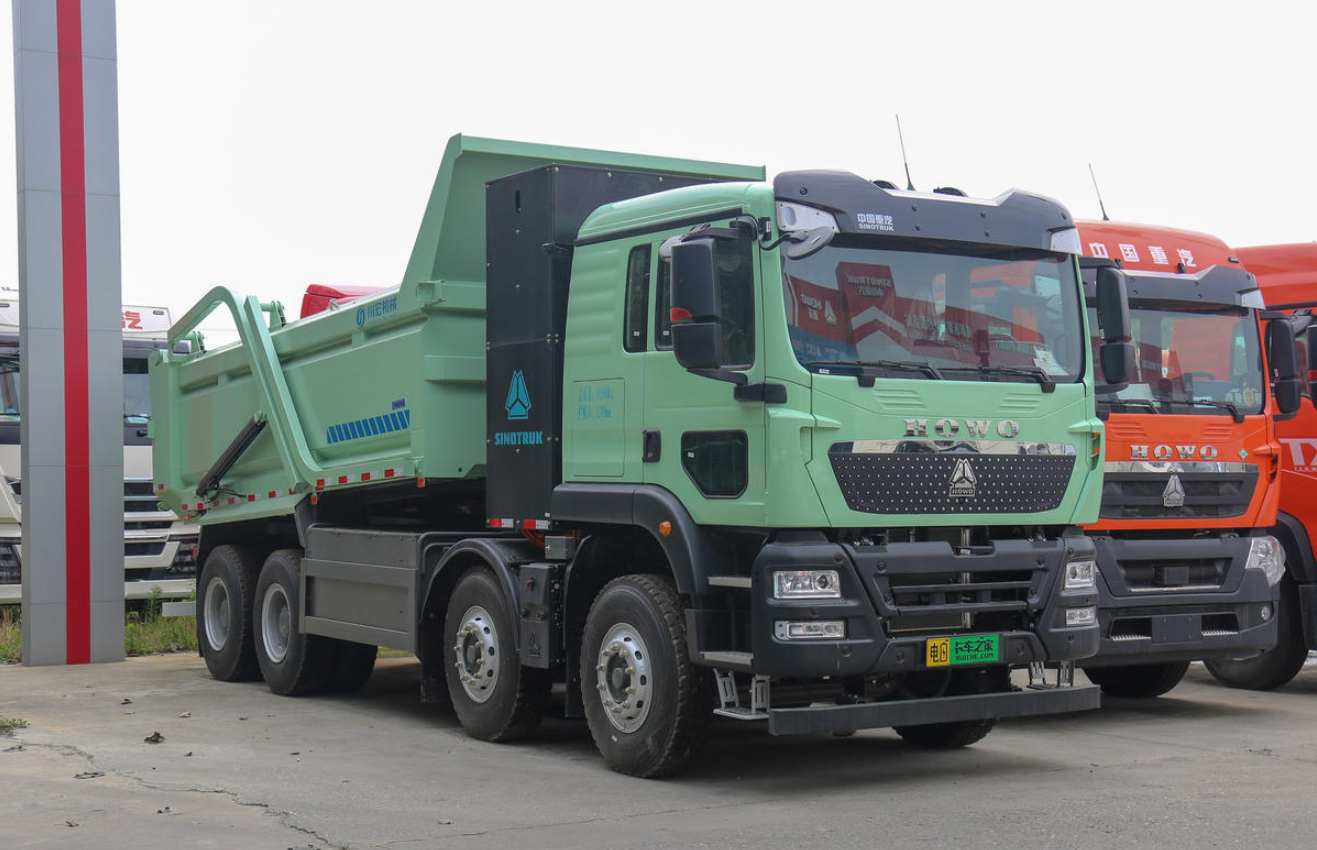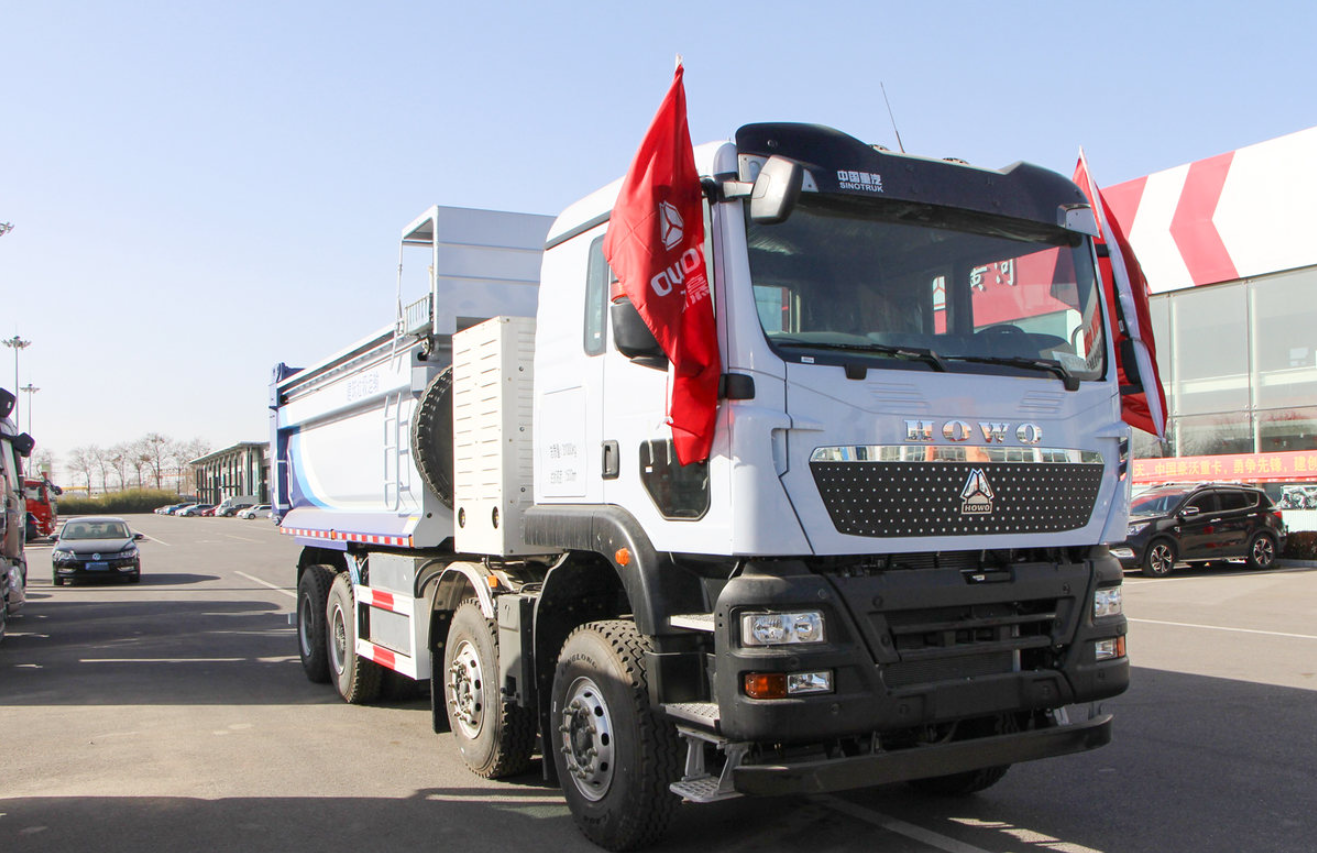Home page > list > news
The Impact of DSV's Acquisition of DB Schenker on the Global Trucking and Logistics Industry: Insights for China's Trucking Sector
In the ever-evolving global logistics landscape, the impending acquisition of DB Schenker by DSV has sent shockwaves through the industry. This significant corporate move not only reshapes the international logistics market but also has far-reaching implications for the trucking industry, with valuable lessons for China's trucking sector.

DSV, a Nordic logistics powerhouse, is on the verge of finalizing a 14-billion-euro deal to acquire the century-old German logistics firm, DB Schenker. This acquisition is a landmark event, breaking records in European logistics M&A history and catapulting the combined entity into the ranks of the world's largest logistics companies, boasting an annual revenue of 42 billion euros, equivalent to Latvia's GDP.
The scale of the newly formed DSV group is staggering. With an expected annual revenue of 42 billion euros, it dwarfs the economies of some countries. The enlarged workforce of nearly 160,000 employees and a vast network spanning over 90 countries will enhance DSV's ability to optimize resource allocation and offer comprehensive logistics solutions worldwide. This extensive reach is crucial in the trucking industry, as it enables seamless transportation of goods across borders, ensuring timely deliveries and efficient supply chain operations.
The acquisition also intensifies competition in the global logistics arena. DSV's expanded capabilities in maritime, air, and road freight will directly challenge DHL's dominance. Meanwhile, FedEx and UPS, though focused on North America and express services, are eyeing international expansion. This new competitive dynamic will drive innovation in service offerings, pricing strategies, and technological advancements in the trucking and logistics sectors.
For China's trucking industry, there are several key takeaways. The DSV-DB Schenker merger showcases the power of consolidation. In China, where the trucking market is highly fragmented, there is potential for domestic companies to explore mergers and acquisitions to achieve economies of scale. Larger trucking firms could integrate resources, improve operational efficiency, and enhance their competitiveness both domestically and globally.
Moreover, the focus on global network expansion in this acquisition highlights the importance of international cooperation for China's trucking companies. As China's economy becomes more integrated with the global market through initiatives like the Belt and Road Initiative, Chinese trucking firms need to build stronger international partnerships and expand their service networks overseas. This can open up new markets for Chinese trucks and logistics services, facilitating the transportation of goods to and from China more efficiently.
However, the acquisition is not without its challenges. The potential job cuts in Germany due to business overlap serve as a reminder for Chinese companies considering mergers or expansions. When integrating operations, it is essential to balance cost - cutting measures with employee well - being to maintain a stable workforce and ensure smooth business operations.
In conclusion, the DSV acquisition of DB Schenker is a significant event that offers both opportunities and warnings for China's trucking industry. By learning from this international merger, Chinese trucking companies can better position themselves in the global market, enhance their competitiveness, and contribute to the growth of China's logistics sector. As the industry continues to evolve, staying informed about such global developments is crucial for the long - term success of China's trucking enterprises.
Submit purchase request
If you need vehicle configuration and quotation, please feel free to contact us
Whatsapp:+8615206750120
Email: 15206476328lulu@gmail.com
The vehicle price and configuration reference of Chinese domestic products, you need to consult local dealers for local purchase
- Submit
















